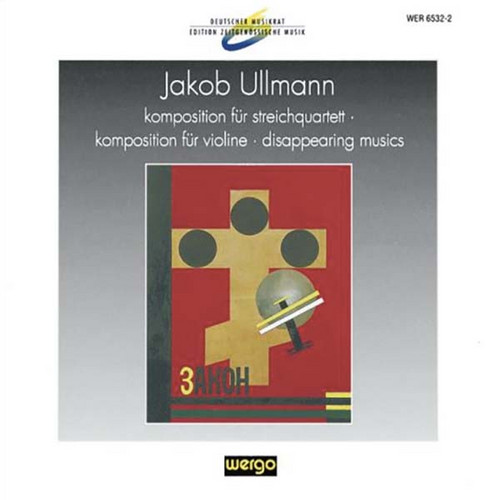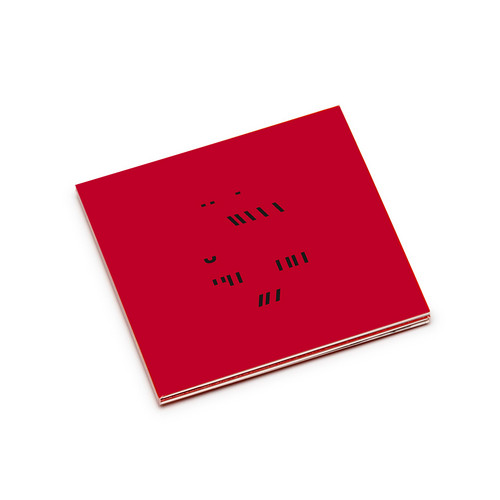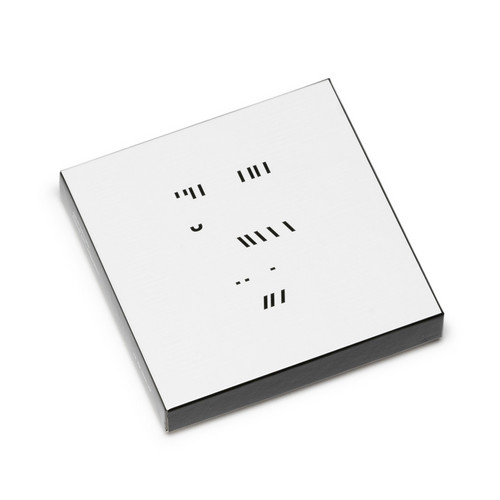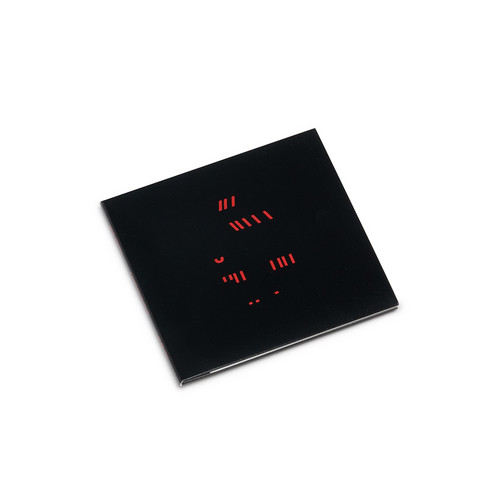Jakob Ullmann
Komposition Für Streichquartett / Komposition Für Violine / Disappearing Musics
2025 stock Jakob Ullmann's career can be measured by the obstacles placed in his path. It was in the teeth of these obstacles that he learnt his craft: they have left their mark on his artistic stance, and the fact that he ultimately overcame them proved the rightness of his approach. For a number of reasons, Ullmann's works failed to blend into the musical landscape of the former state of East Germany. Avoiding peremptory gestures and unalterable laws, his restrained scores seemed strange and a…
Fremde Zeit Addendum 5 · Solo V Für Klavier
Jakob Ullman's 5th solo work for piano is atypical for a piano performance, using electronic playback and requiring three assistants sustaining a soundscape to realize a concept of "gravity".
Muntzers Stern, Solo II
Jakob Ullmann has made the orchestral work "steine, feuer, sterne" (stones, fire, stars) based on a modular structure, such that individual sections can be played outside of a complete performance, solo or in predetermined combinations; this album presents one section for solo bassoon titled "Muntzers stern" performed by Dafne Vicente-Sandoval.From the liner notes by Hans-Peter Schulz; Translation by Peter Gebert: Solo II is part of a group of works with the title Buch der Stille 1 ('Book of Sil…
Fremde Zeit Addendum 4 · solo III fur Orgel
Beautiful new Jacob Ullman Organ composition of subtle gradations in sound performed very softly forcing the ear to notice the smallest variations. "Thus, Ullmann creates a quiet music in order to give himself and his listeners the opportunity to hear more, and better. This comes about because our ability to hear is augmented when listening to quiet music. We hear better because we make an effort to hear better. That is why Ullmann likes to locate his sound sources at the periphery, so as not to…
Fremde Zeit Addendum
4CD Box edition. Ranked #4 in the the Wire's Rewind 2012 best-of list. Three CD box collection with a 16-page booklet. "Experimental German composer Jakob Ullmann creates quiet music in order to give himself and his listeners the opportunity to hear more, and better. This comes about because our ability to hear is augmented when listening to quiet music. We hear better because we make an effort to hear better. That is why Ullmann likes to locate his sound-sources at the periphery, so as not to m…
Voice, Books and Fire 3
An outstanding album, Voice, Books and Fire is the result of Jakob Ullmann reflections about the relationships between music and language: language as sound and language as text, the numerous relationships between texts of different cultural and religious traditions, between the work of the human spirit in the present and in the past and the questions arising from the problem of understanding these different traditions, languages and texts and representing them in a present, which has lost knowl…
A Catalogue of Sounds
Jakob Ullmann's music realizes an infinite variety of gradations in all areas of musical formation. That the music of the "catalogue" is nearly always played very softly leads to the ear noticing the smallest differentiations; the listener is put into a state of constant, acute attentiveness. The musical stream is constantly subjected to small irritations, sometimes its flow quickens, sometimes there are brief splashes like those caused by pebbles thrown into water. Performers: Ensemble Oriol Be…






